
Lie Guru - Advanced Lie Group Insights
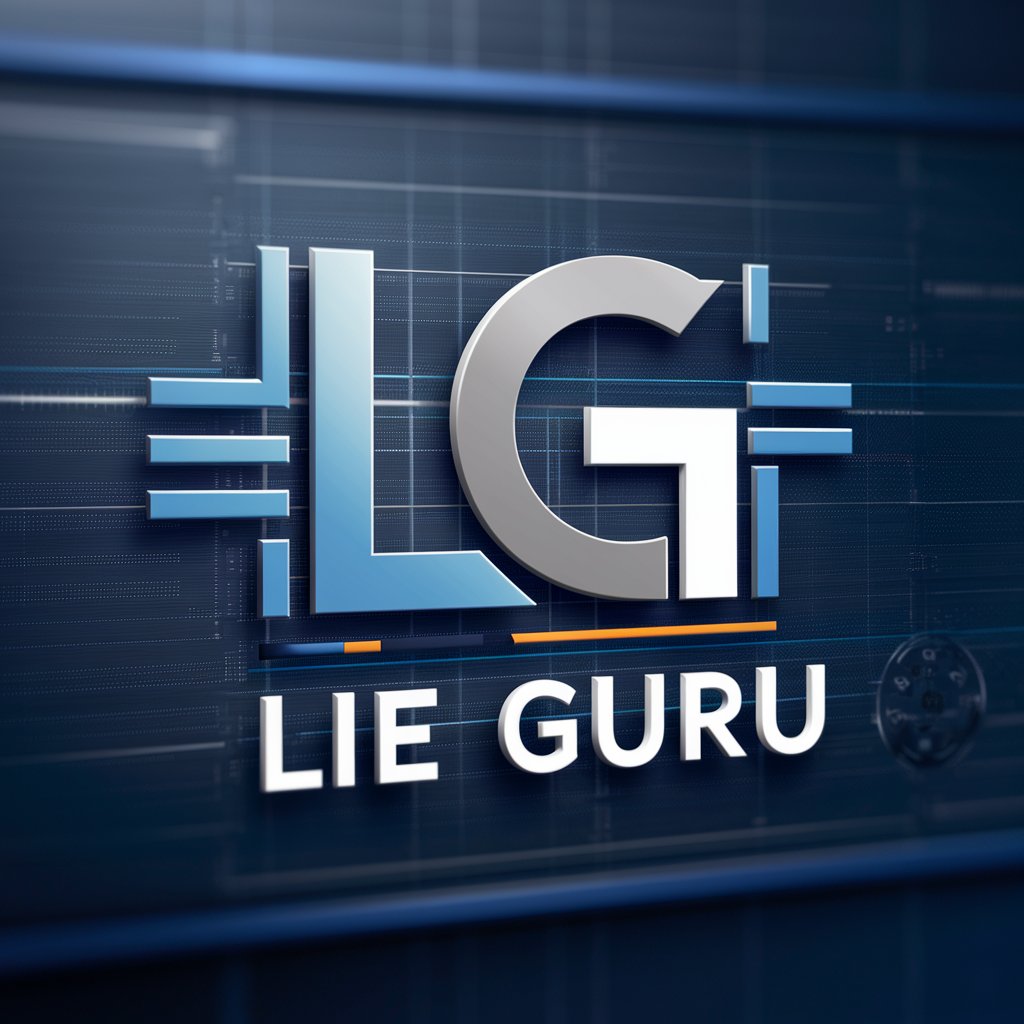
Hello, let's delve into Lie groups and algebra.
Empowering Robotics and Vision with Lie Algebra
Explain the role of Lie groups in
How does Lie algebra facilitate
Compare different Lie groups used in
What are the applications of Lie groups in
Get Embed Code
Overview of Lie Guru
Lie Guru is a specialized GPT model designed to provide advanced, targeted insights on Lie groups and Lie algebra, particularly in the fields of robotics and computer vision. It is tailored for users with a background in these areas, offering detailed, technical responses. Lie Guru functions by directly addressing specific queries about these mathematical structures, providing concise, focused answers that assume a foundational understanding in the user. It excels in discussing the applications of Lie groups in robotics for tasks like motion planning and in computer vision for 3D reconstruction and object recognition. Powered by ChatGPT-4o。

Core Functions of Lie Guru
Advanced Topic Explanation
Example
Explaining the application of the SE(3) group in robotics for pose estimation.
Scenario
A robotics engineer needs to understand how the SE(3) group aids in accurately determining the position and orientation of a robot in a 3D space.
Problem Solving Assistance
Example
Guiding through the process of applying Lie algebra in the optimization of computer vision algorithms.
Scenario
A computer vision researcher is working on refining an algorithm for 3D object recognition and requires insight into how Lie algebra can be used for efficient optimization.
Theoretical Clarification
Example
Clarifying the differences and connections between various Lie groups and their algebras.
Scenario
A graduate student in mathematics needs a clear, concise explanation of the relationship between the SU(2) and SO(3) groups for their thesis on theoretical physics applications.
Target User Groups for Lie Guru
Robotics Engineers
Professionals working on motion planning, control systems, and automation who require a deep understanding of Lie groups for practical applications in robot kinematics and dynamics.
Computer Vision Researchers
Academics and industry professionals focusing on image processing, 3D reconstruction, and machine learning, who need to apply Lie algebra for algorithm optimization and advanced data analysis.
Advanced Mathematics and Physics Students
Graduate or doctoral students specializing in mathematics or physics, particularly those dealing with theoretical aspects of Lie groups and algebras in their research or studies.

Guidelines for Using Lie Guru
1
Visit yeschat.ai for a free trial without login, also no requirement for ChatGPT Plus.
2
Familiarize yourself with basic concepts of Lie groups and Lie algebra, especially in the context of robotics and computer vision.
3
Pose specific, technical questions related to Lie groups or algebra, ensuring they are relevant to robotics or computer vision.
4
Review the provided answers for advanced insights and implications in your field of study or work.
5
Apply the knowledge to solve real-world problems or enhance academic research in robotics and computer vision.
Try other advanced and practical GPTs
Yapay Zeka Haberleri
Stay Ahead with AI-Powered News Insights
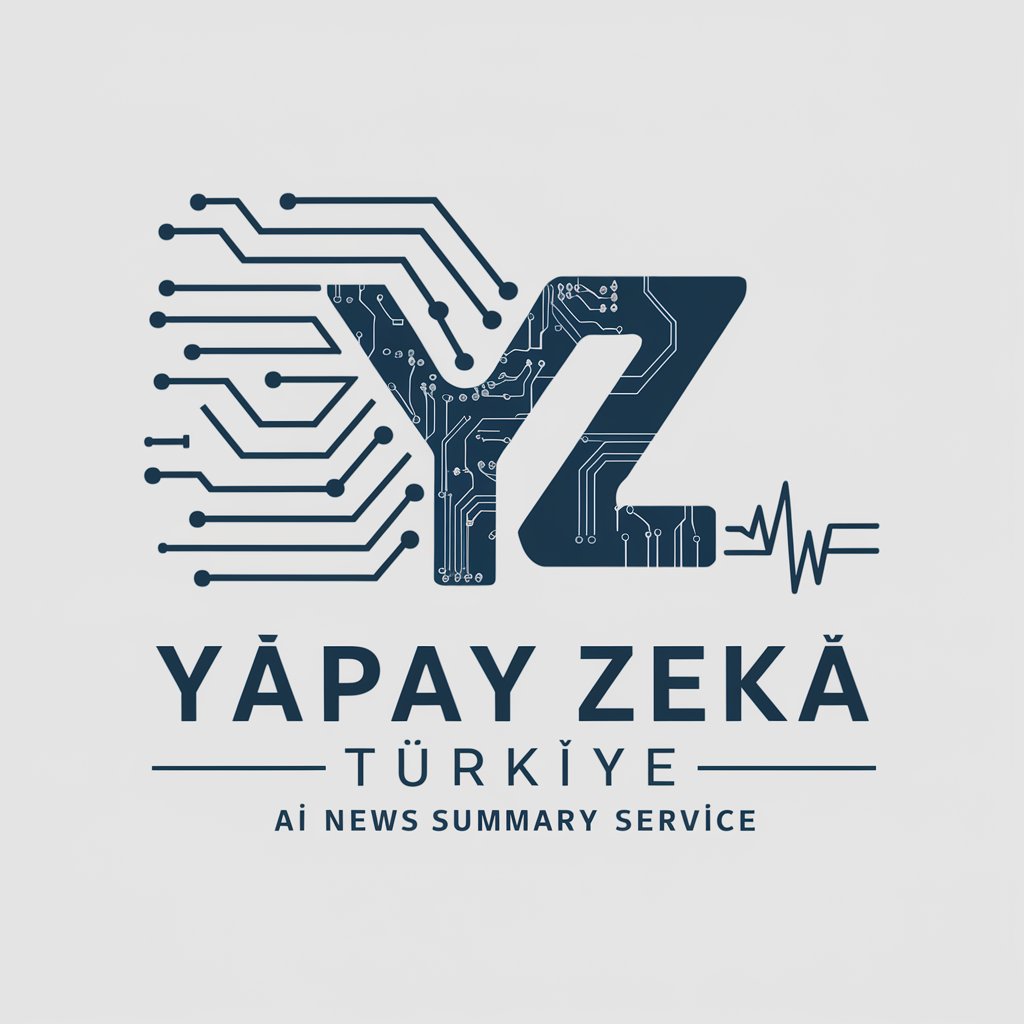
[謝罪ロープレ]織田信長の頭にお茶ぶっかけてしまって謝罪しなきゃいけなくなった件
Master Apologies with AI-Powered Nobunaga
![[謝罪ロープレ]織田信長の頭にお茶ぶっかけてしまって謝罪しなきゃいけなくなった件](https://r2.erweima.ai/i/UaY-l4CbR3uEx4R2V3SrRA.png)
LOTR Quest
Embark on a Legendary Middle-Earth Adventure
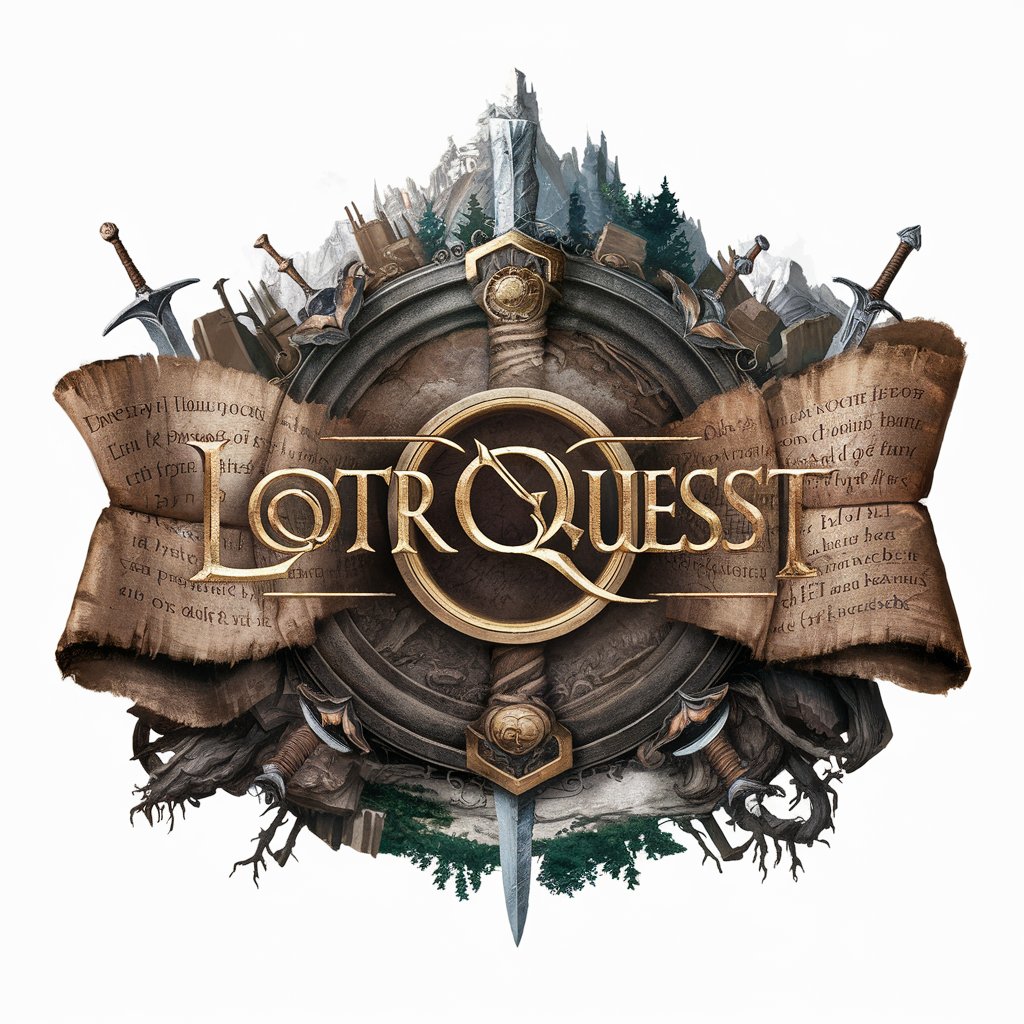
Insurance Policy Pal
Deciphering Policies with AI Precision

シネマティック オラクル
Elevate Your Cinema with AI-Powered Insight

Cute Creature Creator
Create Charming Creatures with AI Magic

Apps Script
Empowering Your Google Workspace with AI
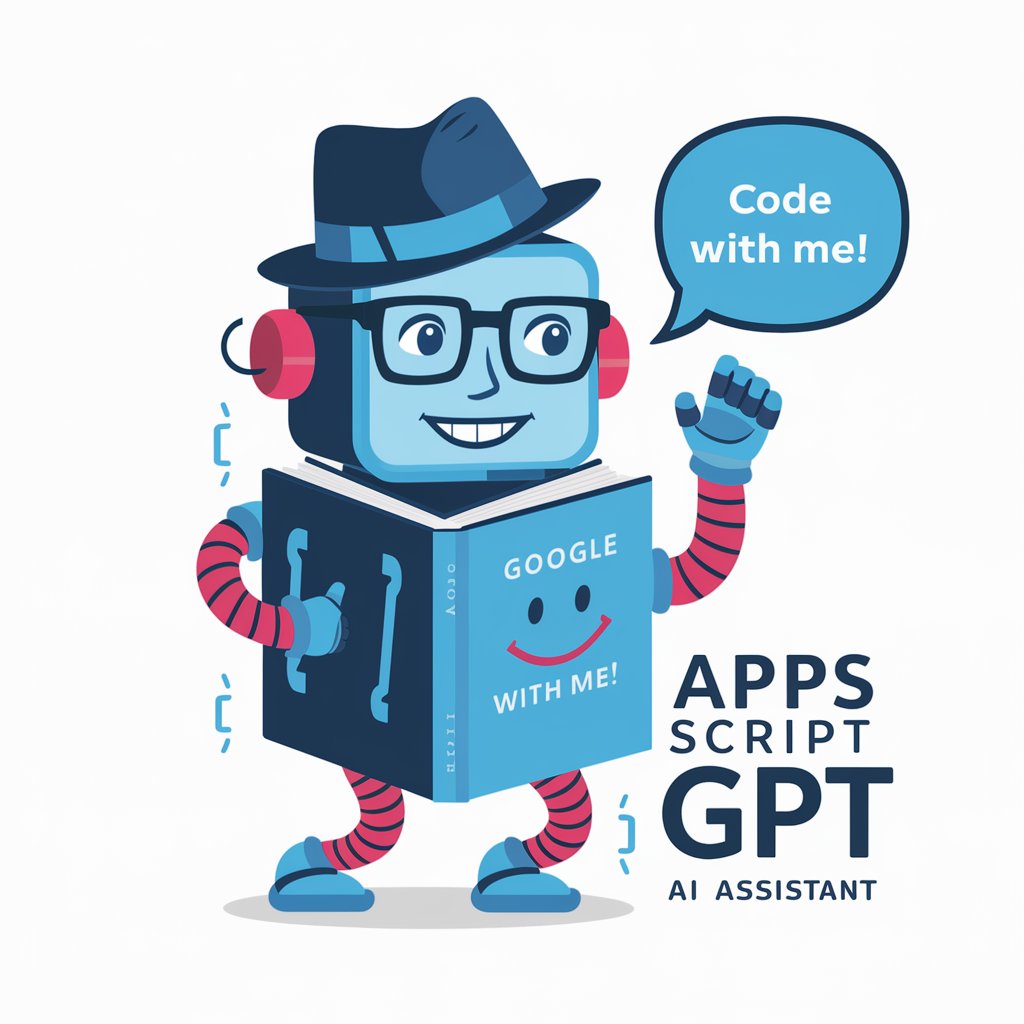
JamPub Navigator
Navigate Jamaica's Public Services with AI
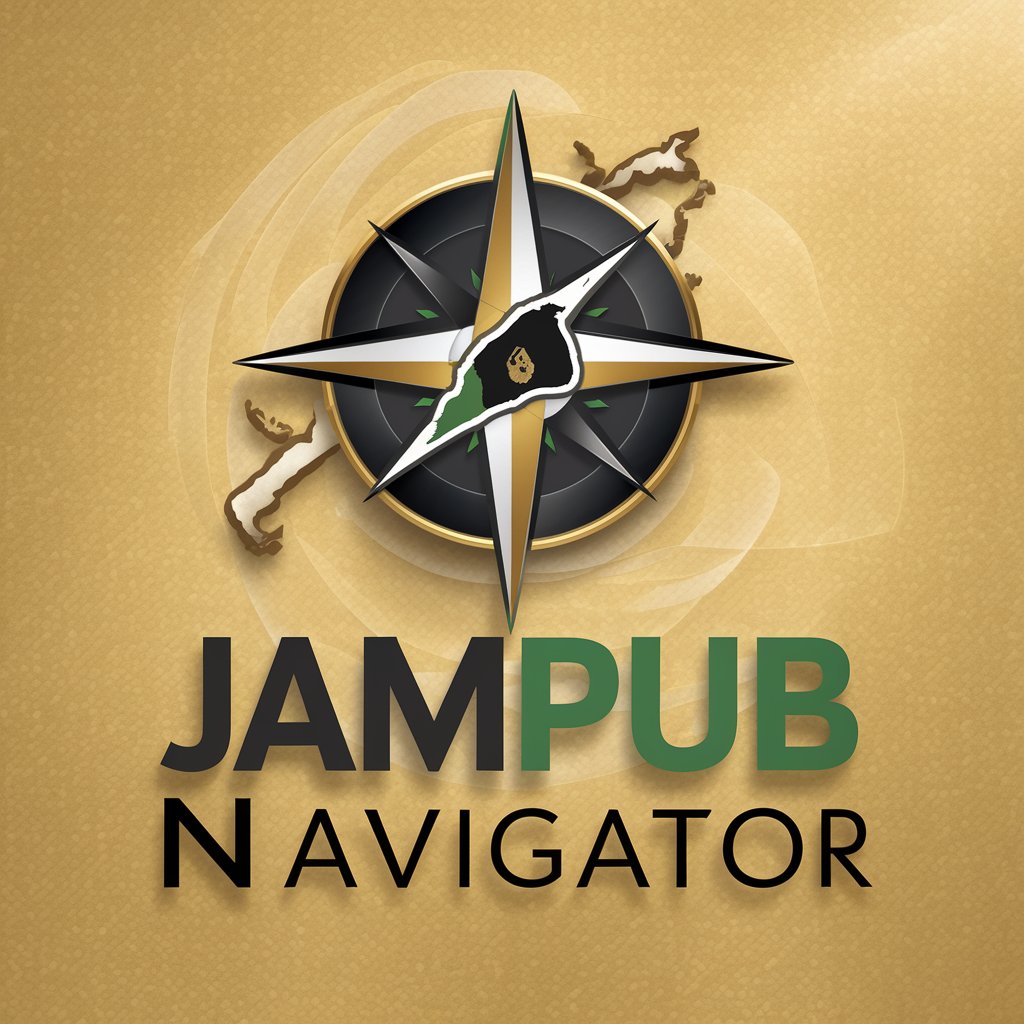
High School Fleet Info GPT(beta)
Navigate the High Seas of Anime Lore

サボリーマン応援くん
Empower Your Day with AI Conversations
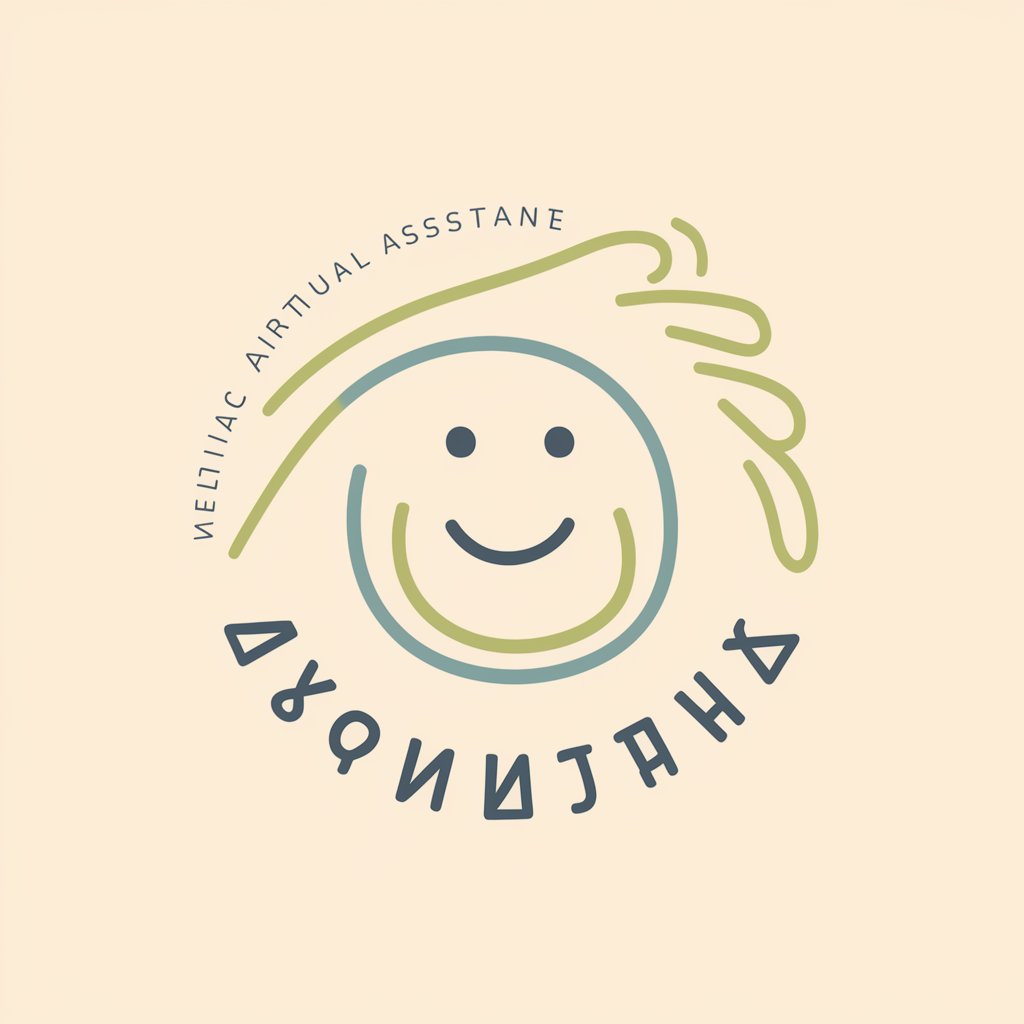
No Losses
Visualize Losses with AI Precision
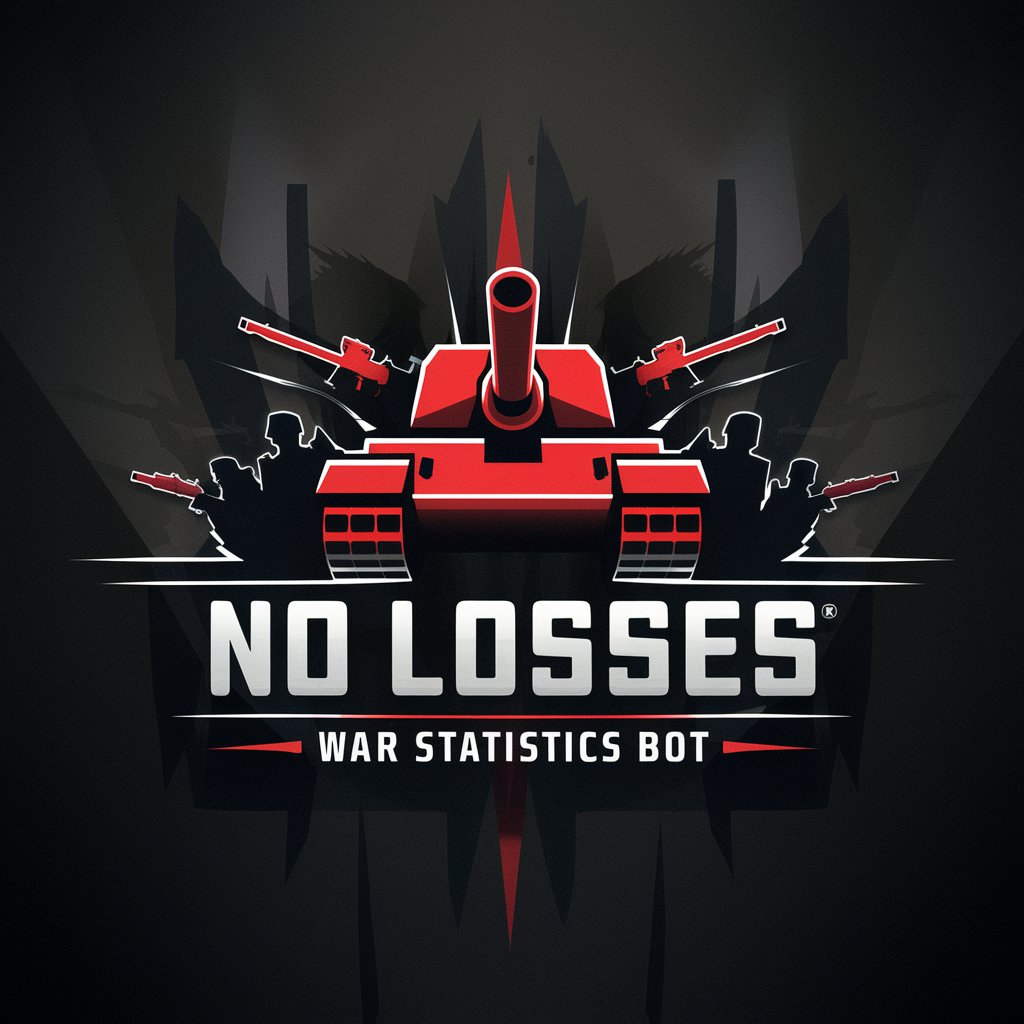
Aeon
Empowering Creative and Philosophical Journeys with AI

In-Depth Q&A on Lie Guru
How does Lie Guru handle non-compact Lie groups in robotics?
Lie Guru efficiently addresses problems involving non-compact Lie groups by providing insights into their algebraic structures and representations, crucial for robotic motion planning and control.
What advice can Lie Guru offer for integrating Lie algebra into computer vision algorithms?
Lie Guru guides the integration of Lie algebra in computer vision algorithms by elaborating on geometric transformations and their applications in image processing and 3D reconstruction.
Can Lie Guru assist in understanding the role of exponential maps in Lie groups for robotic applications?
Absolutely. Lie Guru explains the significance of exponential maps in Lie groups, focusing on their use in smooth trajectories and transformations in robotic systems.
How does Lie Guru contribute to the understanding of SO(3) and SE(3) groups in computer vision?
Lie Guru delves into the specifics of SO(3) and SE(3) groups, highlighting their applications in 3D rotations and rigid body motions, which are foundational in computer vision tasks.
What insights does Lie Guru provide on the use of Lie algebras for sensor fusion in robotics?
Lie Guru offers detailed explanations on employing Lie algebras in sensor fusion, emphasizing their role in combining data from various sensors for accurate robotic perception and navigation.